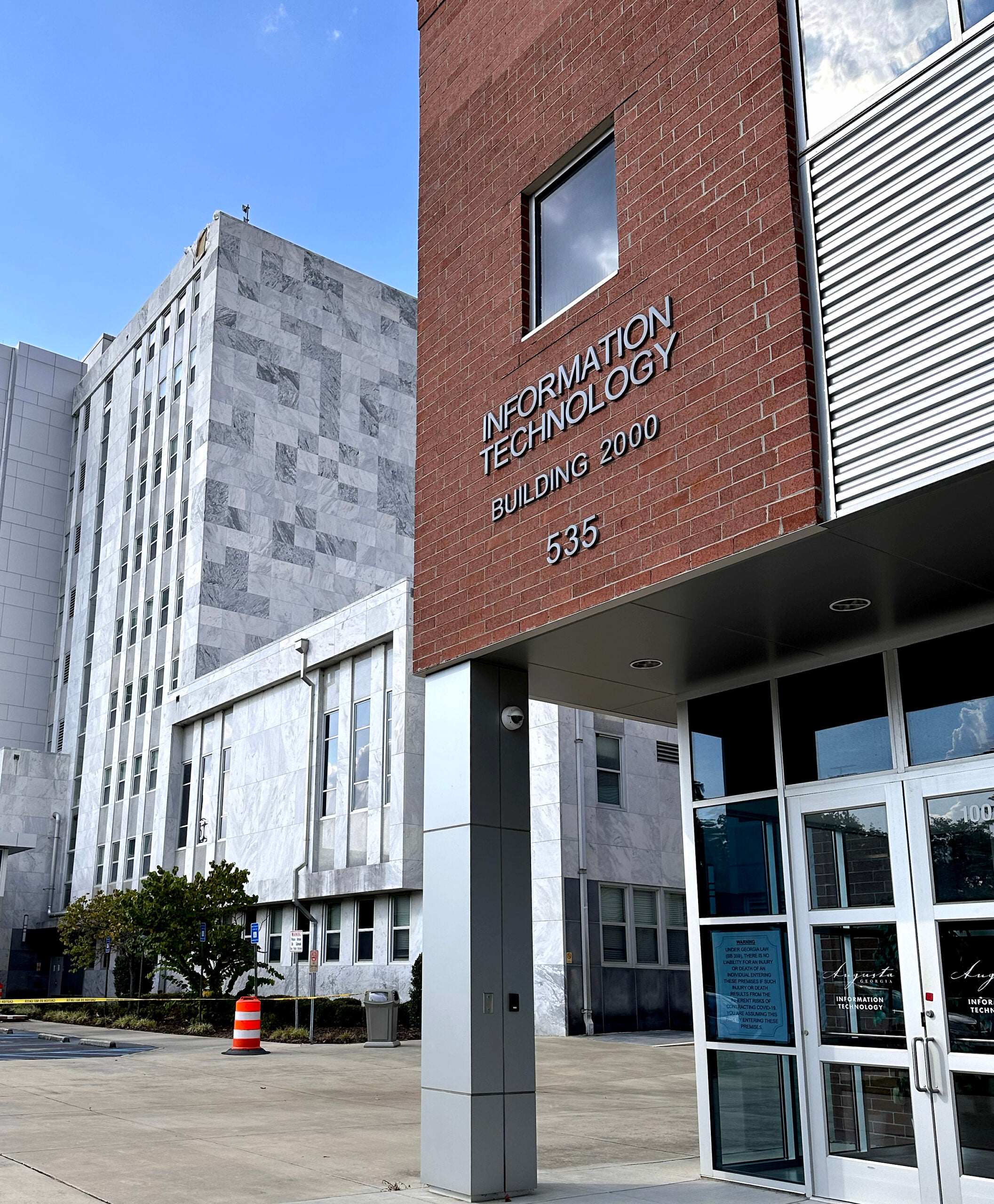Augusta was ranked seventh among cities its size by a national organization for leveraging technology to enhance public services, strengthen cybersecurity and prioritize digital equity, according to a release from the city.
City Administrator Tameka Allen, who recently transferred to her position from leading the Information Technology department, said the city is very proud to achieve the Digital Cities 2024 ranking.
“This ranking is a testament to our commitment to advancing technology in ways that protect and empower our community,” Allen said. “Our Information Technology team is dedicated to building providing reliable and accessible services for all residents.”
Augusta has placed in the survey several times in years past. The winners were announced Nov. 5. They were recognized during the Digital Cities Awards event at the National League of Cities City Summit Wednesday in Tampa Bay, Fla.
“Cities of every size are redefining what’s possible using technology to elevate public service and improve government,” said John Matelski, executive director of the Center for Digital Government.
Augusta ranked seventh in the population 125,000-249,999 category, in which Scottsdale, Ariz., placed first. Scottsdale expanded data governance citywide, driving innovation in data and information management, business intelligence, AI and machine learning, open data and GIS, according to the Digital Cities survey findings.
Scottsdale established a data council and implemented a data catalog platform that services as a single source for all data assets, constructed 100 miles of new fiber conduits and upgraded the network that serves Scottsdale, Phoenix and 20 other regional municipalities.
Augusta’s survey entry sheds light on the city’s handling of a 2023 ransomware attack, which caused it to beef up cybersecurity, according to the results. “Now the city has an AI-supported extended detection and response tool, improved backup system, and a new endpoint detection and response system,” they said.
In addition, Augusta’s IT department rethought its workforce strategy after a significant portion of the workforce left or retired. The department reorganized, eliminating unfilled positions and used leftover funds for retention increases and higher salaries for new recruits, closing all vacancies by January 2024.
Augusta has also moved toward digital asset management and service requests, using mapping features to show where to send teams, and employees in the field can view new requests. The city also has used digital tools to collect survey responses from homeless residents.









